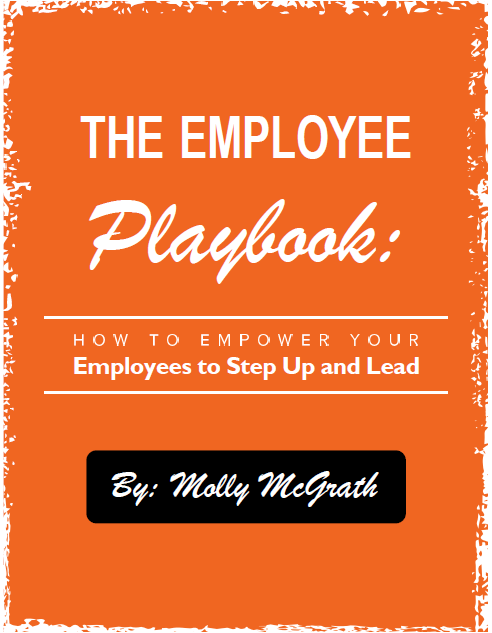
You’ve probably noticed that people are acting a little differently these days. Besides wearing face masks made of just about any conceivable household material and bumping elbows instead of shaking hands (if making contact at all), folks are also showing unexpected sides of their personality. You probably are too. Maybe you or those around you are sleeping more than normal; perhaps folks can’t seem to hold a conversation; maybe your best friend hasn’t called for days when he’s usually super reliable or it could be that your diet-conscious husband is eating a box of cookies a day. Whatever the symptom, the cause is collective trauma.
To varying degrees, all us are experiencing the collective trauma provoked by the COVID-19 pandemic. If you are in a leadership position, this means you need to adjust the ways you support your team. Productivity is no longer the goal. Your new job is providing the support needed to ensure your company and the people behind it are able to get back on their feet as soon as it is safe to do so. In these times, good leadership means acting out of empathy, not anxiety.
How to Lead Your Team Through a Pandemic
Now there’s a title I never thought I’d write.
No one saw this coming. At least no one without a degree in infectious diseases (those folks actually did). And no one is expecting you to become a mental health expert overnight. As a leader, you do have a responsibility to care for your team’s well-being, however, and right now doing so looks like the following.
1. Practice Empathy
Whether you and your team are still going into the office or uniting daily from your respective homes, now is the time to schedule a brief one-on-one check-in with everyone onboard. There, ask each person some variation on the following three questions:
- How are you feeling?
- What’s distracting you?
- How can I (we) support you?
As a model, you might offer to go first. The goal here is to nourish simple, honest human connection. When people understand that it is OK not to bring their best at a time when to do so would be impossible, they are able to bring a lot more than you might expect. Relieving your team of performance anxiety—no, that’s not what we mean—might be all they need to perform to the best of their ability. And even if not, practicing empathy is simply the right thing to do in this moment. Your kindness now will pay dividends later.
2. Relax Expectations
You’re not at your best and neither is anyone else. This morning I went to get groceries and saw someone wearing a plastic jug on their head. People don’t wear plastic jugs on their heads in public unless anxiety is trumping all other concerns. In times like these, everyone deserves a little slack.
After taking the time to nourish an honest, empathic connection with your team, follow-up by relaxing your expectations. Did punctual Pete log in late for yesterday’s Zoom meeting? Maybe it’s because for the third night running his daughter couldn’t sleep for fear of the virus. Did reliable Rita blank on replying to that critical client’s email? Maybe her mother was moved to the ICU yesterday and she’s fending off a panic attack.
Whatever the story, now more than ever is the time to give your team the benefit of the doubt. In doing so, you’ll also free yourself of the anxiety of staying on top of every little detail and your self-care is just important as the care you show your employees.
3. Take Care of Yourself, Too
Your ability to be an effective leader is a dependent upon your own well-being. You can’t listen empathetically or determine when loosening expectations is in the long-term best interest of your company if your own resources are depleted. Take time right now to develop a regimen of self-care. This looks different for each individual; nonetheless, the following steps are a valuable guide
- Acknowledge that this is hard. A lot has changed. The future is uncertain. Routines have been upended and we’ve been forced to take distance from loved ones. Even the luckiest among us are struggling and it is important to acknowledge this. Do so by checking in physically, mentally, emotionally with yourself. Maybe this means meditation, maybe this means chatting with a friend, or maybe it means journaling. Whatever your outlet, make it a part of your daily routine.
- Eat well. Not only does healthy eating support a healthy immune system, doing so fills you with the nutrients you need to weather the mental and physical toll of the moment. That, and it’s fun! Learn a new recipe or two and give yourself the small boost of having accomplished something on those days when you need it most.
- Move! This doesn’t mean you need to come out of this able to do a Victorian or even a simple pullup. It just means that once a day you need to make a point of moving about. Join an online yoga class. Go pick flowers while you walk around the block. Not only will your mental health benefit, so too will your immune system and general well-being.
- Sleep like your life depends on it. It just might. Not only will a good night’s rest put you in a better mood and heighten brain function; it also empowers your immune system and protects you from deteriorating mental health.
None of the above is a panacea for guiding a company through a pandemic. There’s no manual for moments like this. Nonetheless, we hope this helps. If you’d like to take a deeper dive into the subject, consider enrolling in our 66-Day Law Firm Turnaround program. This is a customized program guaranteed to turn around your firm’s people, processes and profit in 10-weeks or less.
Meanwhile, stay safe and wash your hands!

